As 3:00 pm arrives on the final day before commencement of Spring Break, one can hear a collective big sigh from teachers in classrooms across the country. For some teachers, that sigh precedes the gasp before dashing out the door to pack and escape, for a week or so, from the career that provides so much joy and stress. For others, one wonders if that sigh is a sigh of relief or of panic: “Only a few more weeks to manage before summer break,” OR, “so much left to cover and so little time to do it.”
For me, Spring Break is a time for assessment and preparation. My stack of texts for summer reading is growing, but I don’t touch it during Spring Break. Instead, I divide my Spring Break days into manageable sections of time that I can use to accomplish tasks that I won’t have to repeat during the summer, so that I can spend my summer doing more of what I want to do that is unrelated to teaching. When I organize tasks that I won’t have to repeat for a year, I’m thinking of both household and teaching tasks.
One of the household tasks relegated to Spring Break is cleaning my freezer and pantry. This chore can be completed in any weather Spring Break provides, takes a relatively short time to complete, only needs to be completed once a year, and results in the knowledge of exactly what foodstuffs I have and what I need. Cleaning the freezer involves assessing the items to be discarded. I complete the same process with my pantry on a different day. Has this can or box or bottle resided here unopened for more than a year? Get rid of it!
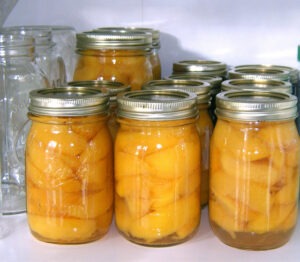
Each of these cleaning and assessment projects takes no more than two hours from start to finish. I have clean spaces and organized products, and I know what food-related projects I need to complete during the summer. I count seven quarts and three pints of peaches to put back into the clean pantry. I have enough peaches to supply my supper table until late August when the Red Havens are in season and then squeeze the canning of a whole bushel into the beginning of my coming teaching year.
However, not only do I assess and organize my freezer and pantry during Spring Break, I complete the same project with my teaching units. What I teach and how I teach it has changed dramatically during the past five years. I don’t have to describe the changes to teaching methods and content instigated by adoption of CCSS to any teacher. It is also unnecessary to elucidate the changes in strategies because of the proliferation of technology devices and apps. How I assess what I teach, and how I teach it, becomes vitally important, and when I complete this assessment is important as well.

In the good ole days, five or so years ago, the assessment and organization for the coming school year could take place just before school started at summer’s end. Now secondary teachers must contend with what I call the “August Surprise.” The August Surprise is that random section of a course that you haven’t taught in five years, or may have never taught, but are now assigned to teach, in addition to what you had planned to teach. It is assigned just before school begins, by the administration that is striving to have the greatest number of courses taught with the fewest number of teachers. The August Surprise class takes a whole lot of work to prepare for, and the ability to wing it, as well. What with the mandatory renewal of certification in bloodborne pathogens, practice sessions covering the most recent changes to the lockdown drill, and myriad other pre-school-start professional chores, there is no time to assess and delete materials and projects from the units I plan to teach in my normally scheduled classes. AND, I really don’t want to complete this school task at the end of my school year, when I am ready to turn the page and close the book, metaphorically speaking. However, a really good time to complete the assessment and discard is during Spring Break.
I allot two hours per class I am in the midst of teaching. This is not two hours per unit, but two hours for a whole year of teaching a single class. I force myself to spend only two hours because I have to be brutal in my assessment and discarding. I love the extra “stuff” that stimulates deeper student thought, but I have to be honest in my assessment of its time value. Like my pantry assessment, I assess each unit in each currently taught class. Have I used this project/worksheet/enrichment section during the last two times I taught this unit? Did it work? Did it accomplish the collaboration/reinforcement/enrichment that it was supposed to? If not, get rid of it!
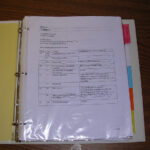
If I teach 4-5 units per year, I can spend no more than twenty or thirty minutes per unit. I’ve memorized the CCSS for ELA in the grades I teach so the assessment part is simple. And, I know that if I decide to reintroduce the project/worksheet/enrichment to the unit at a later date, I can find it again on the internet, so discarding it is a little less painful. When I am finished with those 4-5 units, I know that they’re concise, organized, and ready to teach again. My computer is purged of all of the extraneous documents associated with those units, and I also know exactly what I need to cover in the balance of the current school year.
Organizing my Spring Break into small, manageable segments, and leaving whole days to chill out and do what I want to do, makes the end of the school year much more fulfilling and less stressful. This strategy also enables my August to be a time of hopeful anticipation about the students who will fill my classes, the units I will introduce to them, and my purpose in my chosen career.
Deborah Meister is a high school language arts teacher at Fellowship Baptist Academy in Carson City, MI, and a Teacher Consultant at the Chippewa River Writing Project. She has co-directed the CRWP Middle School Writing and Technology Camp for the past three summers at Central Michigan University with author Jeremy Hyler.

This work is licensed under a Creative Commons Attribution-NonCommercial-ShareAlike 4.0 International License.
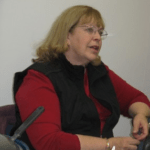
Deborah Meister
Deborah Meister is a high school language arts teacher at Fellowship Baptist Academy in Carson City, MI, and a Teacher Consultant at the Chippewa River Writing Project. She co-directed the CRWP Middle School Writing and Technology Camp for three summers at Central Michigan University with author Jeremy Hyler. She has presented on various writing topics with Dr. Liz Brockman, Kathy Kurtze and Janet Neyer at the NWP Midwest Conference, and the National Council of Teachers of English Conference. Her work has also been published in the Language Arts Journal of Michigan.
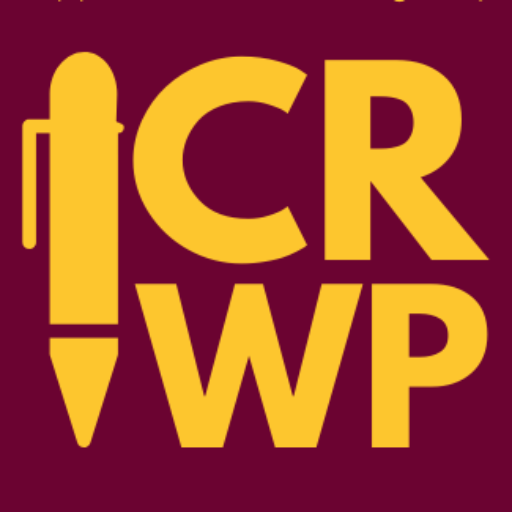
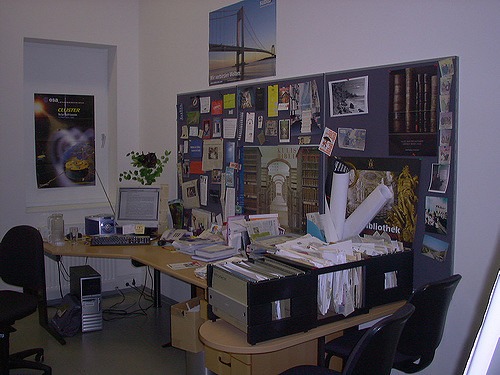
Leave a Reply
You must be logged in to post a comment.